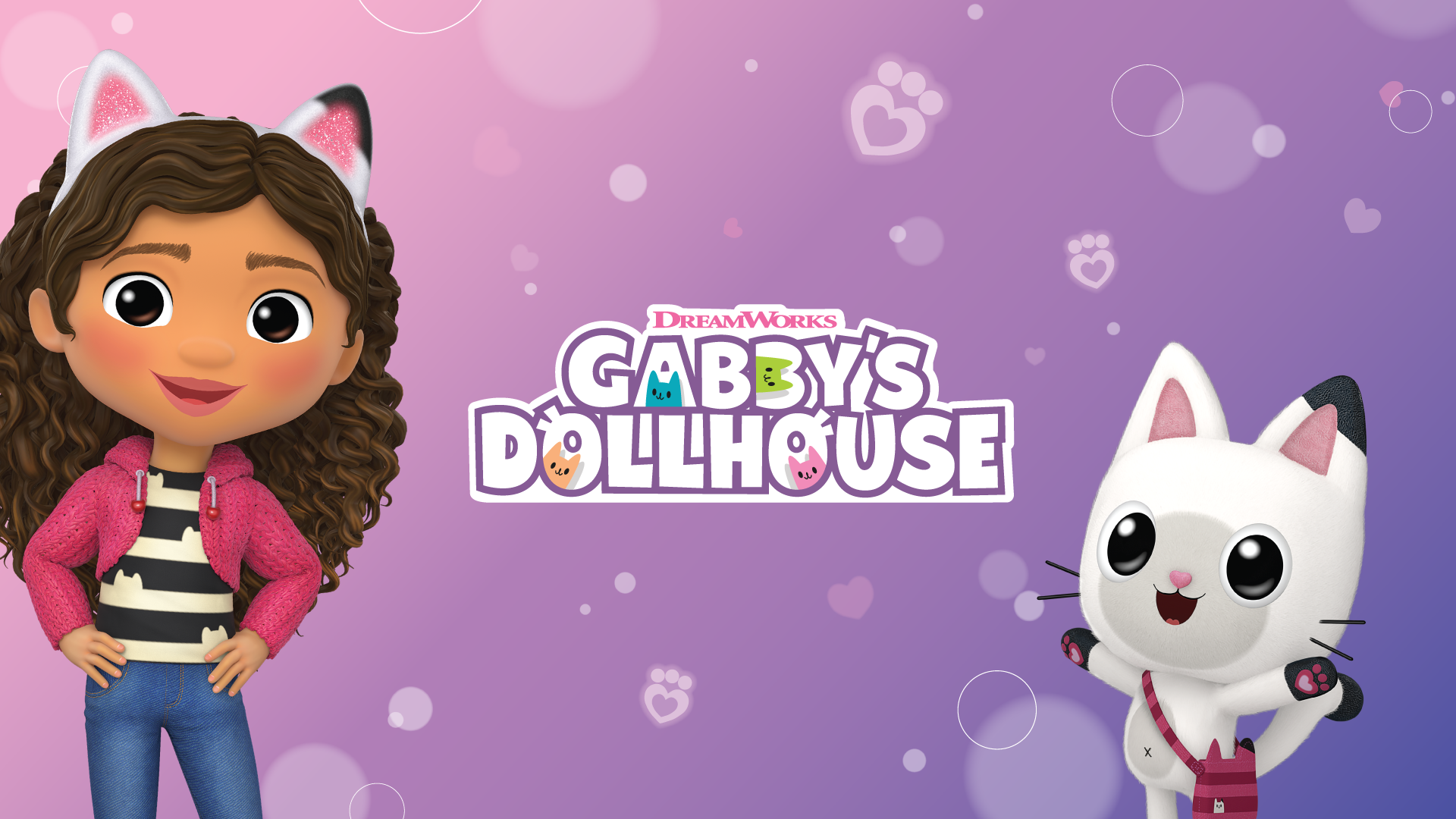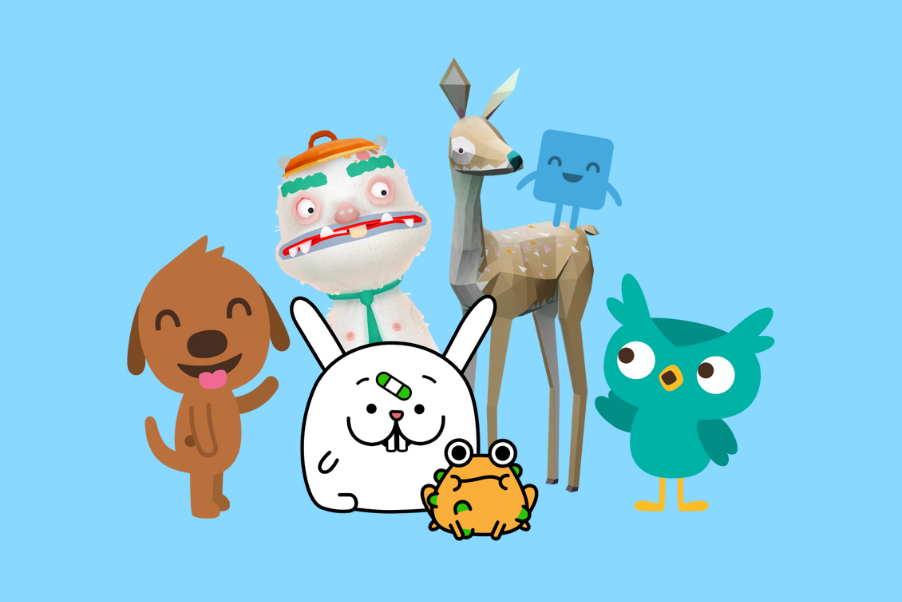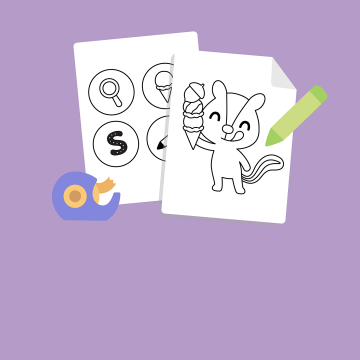- Benefits of play for early child development
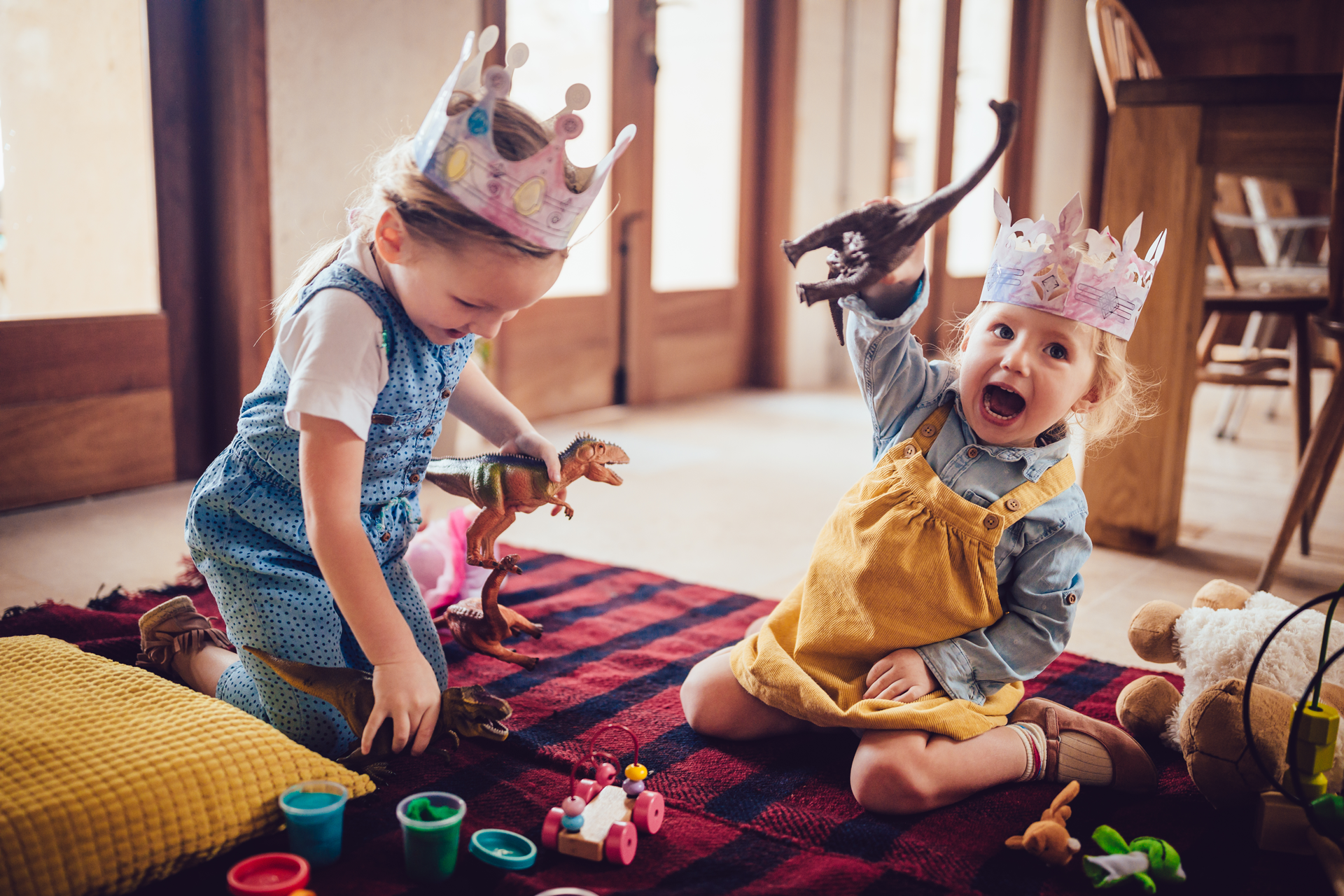
For children, play isn’t just a way to pass the time…it’s critical to fostering early learning skills. When children are playing, they’re developing their imagination and strengthening cognitive and social-emotional skills. Through age-appropriate, thoughtful play experiences, kids gain self-confidence, strengthen relationships, and learn about the world around them. All types of play contribute to healthy early child brain development, so it's important to give little ones the time and freedom to play, prented, and explore without structure or rules. They'll gain essential skills and have fun at the same time!
Why is early child development important?
Sometimes play can take a back seat when life gets busy. Other times, too many structured activities can leave little room for kids to play and explore on their own. However, many child development for early childhood studies on the effects of play have proven that it enhances brain structure and function in children when they’re allowed time to play, discover, and let their imagination lead the way. Kids gain perspective and knowledge through play that they’ll use regularly in their daily lives, strengthening their social-emotional, language, and cognitive development.
Hundreds of years ago, children were thought of as “miniature adults” and play was not seen as a beneficial use of time. In 1837, educational theorist Friedrich Froebel opened the first kindergarten in Germany, advocating that children should be encouraged to learn about the world around them through activities and games that are creative and imaginative. This approach was adopted across the globe as the importance of child-led play was further understood by scientists, educators, and parents. Now, The United Nations High Commission for Human Rights recognizes play as a right of every child.
However, not all play is created equal. While there are many ways to encourage your child’s growth and development through play, one of the most important elements is to give them the space and freedom to explore on their own terms, at their own pace…less structure, more exploring! Meaningful, age-appropriate play with peers and parents that encourages open-ended play creates endless learning opportunities for your little one’s growing mind.
What are the benefits of play for children?
Play boosts brain development
Studies have shown that playing can alter a child’s brain chemistry and physiology, proving the importance of play in child development. The brain has many cell connections called synapses, which allow signals in the central nervous system to pass from one neuron to the next. Through play, children create more connections between synapses, creating a stronger foundation for the brain to continue to develop in the future. If the child doesn’t get this experience, the synapses may be lost or the connections could be underdeveloped. Plus, has also been found that children learn concepts and information much faster through play.
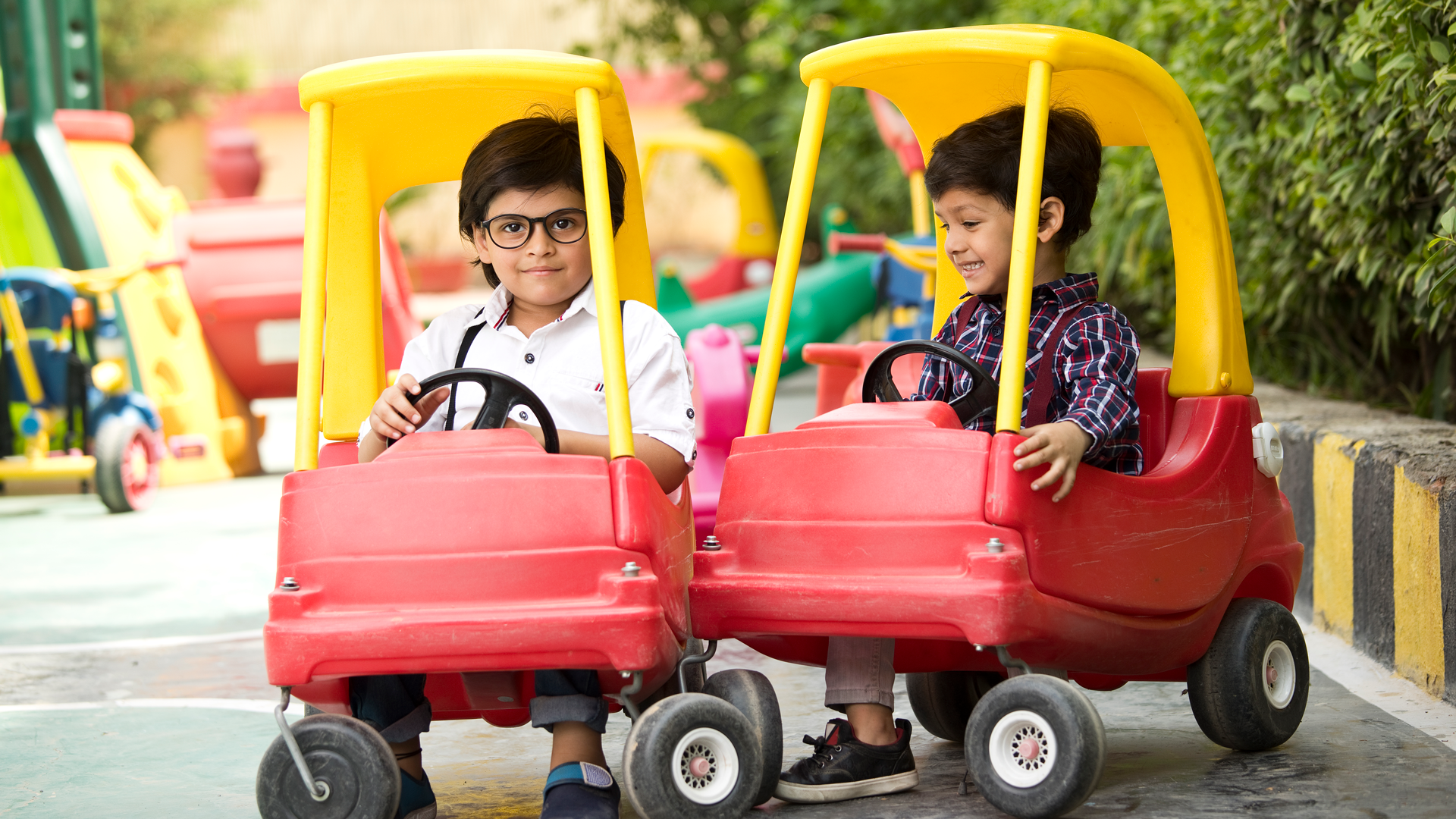
Play promotes physical well-being
All that time at the playground pays off! When kids are running, climbing, jumping over obstacles, it’s helping their early child physical development in many different ways. Children’s small and gross motor skills improve, and they gain confidence and physical endurance.
Motor skills enable us to perform everyday tasks from running to holding a pencil. Fine motor skills require high levels of precision in the small muscles of the hand. We use gross motor skills when utilizing large muscles in our body like our legs for coordination and balance. However, both fine and gross motor skills involve hand-eye coordination. While there's a general timeline of milestones kids will achieve as they develop new skills, it's common for children to develop at different rates.
Another benefit of play for the physical well-being of children is that play encourages a continued healthy lifestyle. A study on the benefits of outdoor play for kids revealed that young children who had at least one hour of outdoor play every day experienced significant improvement in their body mass development. At the end of the year, children who got the most outdoor time were found to be 42%
Depending on the activity, children can also sharpen their reflexes through play. Jumping up and down and navigating obstacles improves their balance, and muscles become stronger. Physical play increases kids’ cardiovascular system functions too.
Play promotes development of communication, literacy, vocabulary, and numeracy skills
Studies have also found a link between play in early childhood and communication skills. Playing requires a lot of problem solving, and children use language to interact with those around them as they explore and discover together.
There are many benefits of play for social development for children. When children engage in pretend play, they practice vocabulary and develop social-emotional skills. They learn to wait for their turn and reciprocate each other’s statements and actions. As simple as this may sound, it’s common for children to struggle with taking turns and understanding the needs of others. Pretend play helps them develop empathy and learn how to be a good friend, too.
Through imaginative play, kids discover that objects can be used in different ways to represent something else. For example, they may use a small Lego block for money in their pretend shop. As letters, words, and numbers are all part of symbol systems, this knowledge helps children build a foundation for early reading, spelling, and numeracy skills.
Play helps kids learn to regular their emotions
When kids are playing, they are learning to understand, process, and . When a child loses a game, they learn to process sadness, frustration, and anger in a low-risk environment.
Play also provides a coping mechanism when children are feeling upset. When children play, it can help shift their focus from what’s bothering them onto something positive, which can bring calm to a difficult situation.
Learning to reduce anxiety and stress will also set kids up to better regulate their emotions, an especially important skill when they start school. Children who can regulate their emotions and behavior are more independent and understand social cues like when it’s time to wait their turn. They can control their negative emotions and navigate challenging situations without becoming overwhelmed.
Play sparks imagination and creativity
When it comes to the benefits of creative play, imagination and creative thinking are typically what come to mind first. During play, children use their imagination without boundaries. They pretend, make up stories, act out different scenarios, and unleash their creativity.
Studies have also shown that play is closely related to divergent thinking. Divergent thinking is a thinking process where children generate creative ideas by . This type of play gives the child the freedom to be creative, imagine a variety of scenarios, and act them out. When children are given the freedom to develop creative thinking, it improves problem-solving skills, self-expression, and confidence.
Play is your child’s first language, and it’s how they learn, grow and develop. There’s no end to the benefits of play in early child development, so let your little one have fun and explore the world around them. It’s the best way for your child to develop essential skills they’ll use every day.
